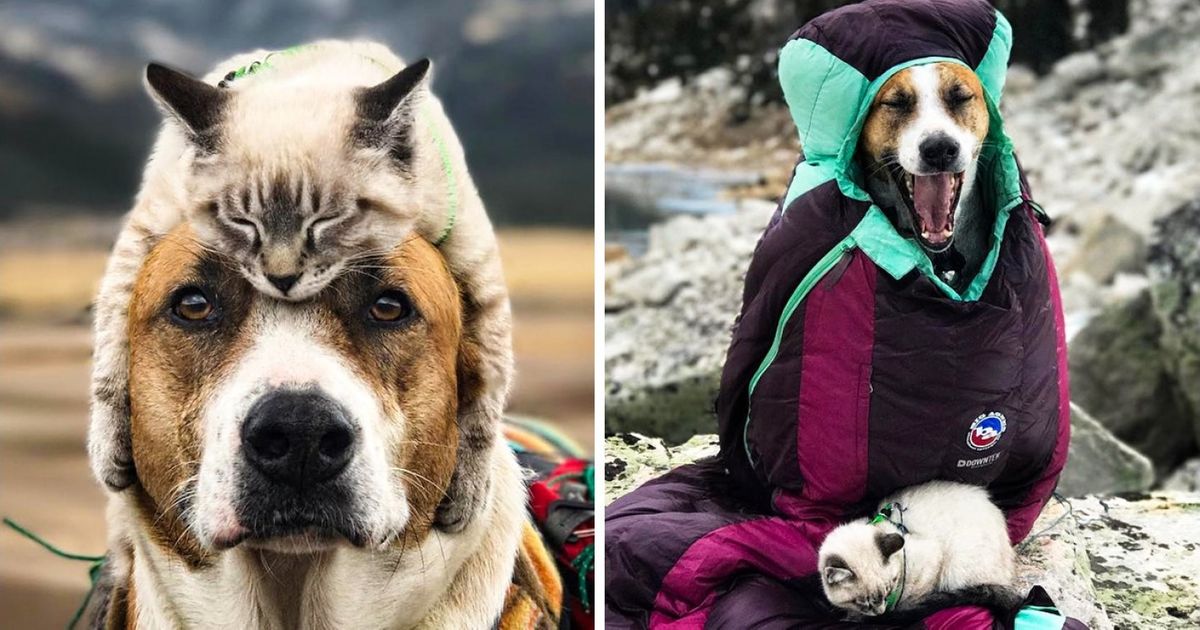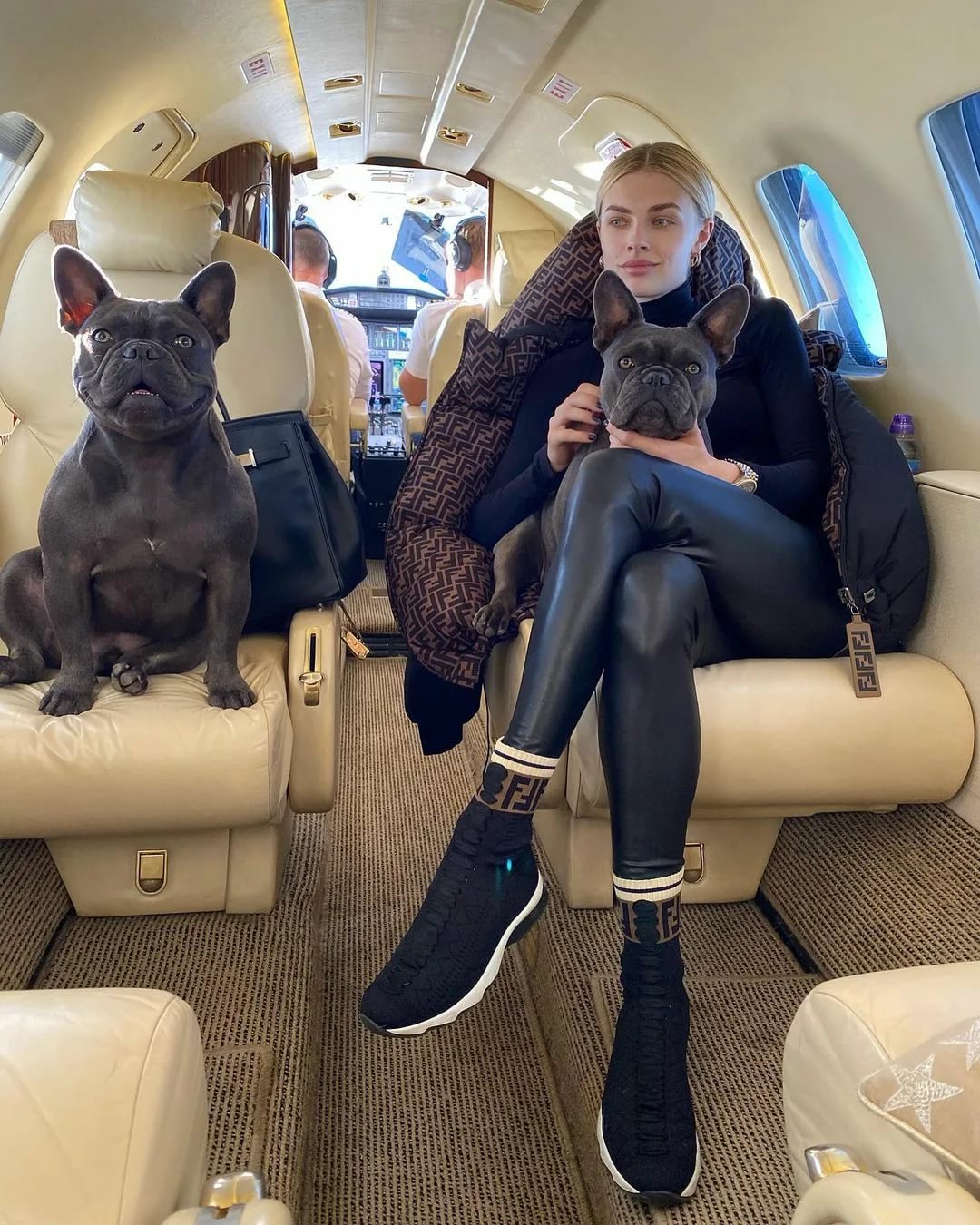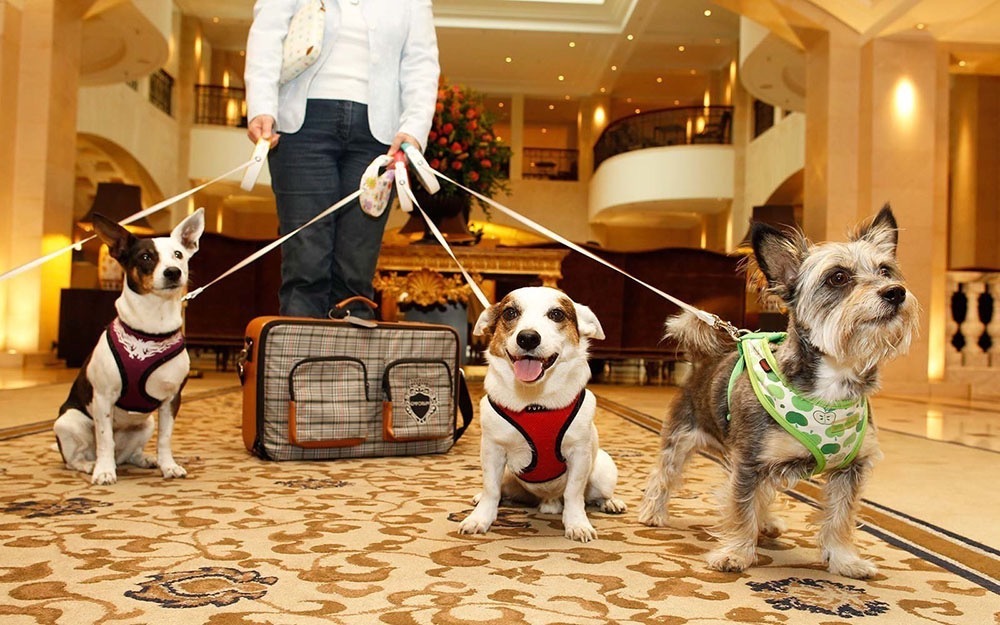DOCUMENTS AND VACCINATIONS
For the most popular types of animals that fall under the category of "pets"...
For the most popular types of animals falling under the category of "pets" - cats, dogs, rabbits, ferrets - it is enough to obtain an international veterinary passport, which will contain information about the necessary vaccinations and chipping.
Accordingly, about obtaining these vaccinations, as well as chipping, should be taken care of in advance.

MUST BE DONE:
1. Rabies vaccination. It is done no earlier than 21 days before the border crossing date, and no later than 12 months, inactivated vaccine corresponding to the international standard of WHO. Quarantine for a period of 30 days is not required if the vaccination is renewed, provided that the animal's documents contain the veterinarian's notes about at least two vaccinations.
2. Annual antiviral vaccinations (flea and worming shots). This requirement is generally true for dogs and puppies. Cats and other small animals are not subject to this requirement.
If any vaccinations are missing, do not worry: you can promptly undergo obligatory deworming, after which the animal will be vaccinated.
As for chipping, an animal crossing the border to the EU country, for example, must be identified by an implanted microchip - a carrier of a unique digital code. The number of the chip is written in the veterinary passport, the date of chipping before or on the day of the first rabies vaccination. The "chipping" procedure is the same as an intramuscular injection: a microchip the size of a grain of rice is painlessly placed under the skin of the animal. It is usually injected into the withers area of dogs and cats.
Chipping of animals was introduced in July 2011, so if your pet was branded before that date and a veterinary certificate confirms it, the identification is considered valid. The branding should be clearly legible.
After you have vaccinated and chipped your pet at least three days before the trip you should visit regional state veterinary clinic where a specialist will examine your pet and issue a state veterinary certificate (Form N1) that your pet is healthy. It's important to remember about the period of three days - the document received in advance, a week or more, is invalid. For birds in the same state hospital you will have to get a sanitary certificate.
The certificate must contain the name of the owner, the name of the animal, its sex and age, dates of vaccinations and the results of worming tests. In addition, the certificate must specify the route of the animal. If the animal is exported outside Russia, in addition to the veterinary certificate, which is exchanged for an international veterinary certificate, the owner must also have an export license or pedigree.
If any problems arise during registration one may address to the Department of Veterinary Control at the State Border of the Russian Department of Veterinary Medicine. Sometimes questions of pedigree value of animals arise at the state border. The relevant document is issued by the Russian Felinological or Canine Federation.
All these documents shall be presented when passing customs or, to be more exact, when passing sanitary-veterinary control. At that it should be remembered that the transportation of animals across the state border of Russia is allowed only in those places where there are organized appropriate border veterinary checkpoints.
TRANSPORT
Animals can be transported on almost all modes of passenger transport. However, the size and type of the animal is important. Thus almost all airlines allow carrying in cabin only cats and dogs (up to 5 - 8 kg), and simultaneously only from 1 to 4 animals.

During the flight the carrier with pet is placed under seat in front, where pet must stay during take-off and landing. During the flight your pet can sit in your arms, but only if this does not threaten the comfort of the passengers, because among them there can be people who have, for example, allergies to hair or those who have a panic fear of any dog.
If your pet is not included in the "cabin" standards, at the time of the flight with him have to part: it will go in a special container placed in the luggage compartment.
Be sure to remember that the airline must be notified about your four-legged companion. Therefore when buying a ticket it is necessary to inform that you are flying with a dog or a cat: then you "will be written out" the corresponding ticket, the cost of which is calculated as the cost of excess baggage, based on weight, but at first class fares - about 5 to 14 euros per kilogram. An exception is guide dogs accompanying blind and deaf passengers. In this case they are transported free of charge.
Carriages and cages must comply with the international IATA standard. The size of the container must be chosen so that the dog or cat can stand in it and turn freely 360 degrees. The design and material of the container should provide protection of the animal from damage, the bottom of the container should be waterproof and covered with absorbent material, the container should reliably close with a lock preventing spontaneous opening of the container in flight.
HOTEL ACCOMMODATION
As a rule, hotels initially indicate whether they are willing to accept guests with pets. Naturally, you should always notify the hotel in advance that you will come with a pet. And, of course, you must be prepared that the accommodation of a pet in the room can be paid (from 3 to 10 euros).

If accommodation is allowed, you must show the veterinary documents, certifying that the animal is healthy, when you check into the hotel. In addition, you must provide your ward with full "ammunition": food, utensils, bed (bedding), litter box. Leaving pets in the room unattended is allowed only in the cage. During room cleaning the animal must be absent.
By the way, often in Europe, large hotels offer to live separately with a pet. Accommodation in such hotels requires a separate "room", as well as special care for the pet: it will be fed, cleaned and walked around. In special cases your pet may receive VIP services, such as massage and spa treatments. Of course, at extra charge.


You must be logged in to post a comment.